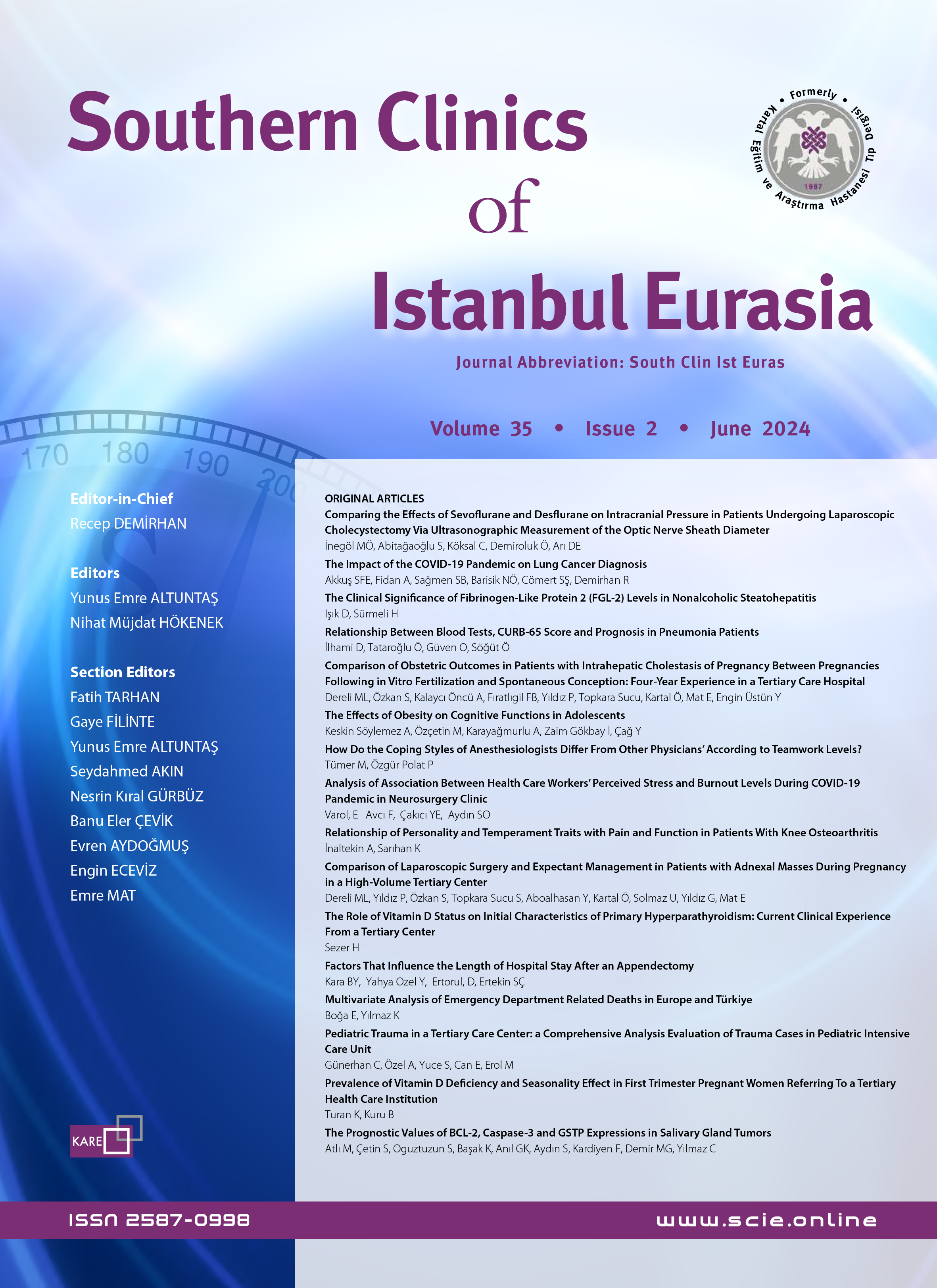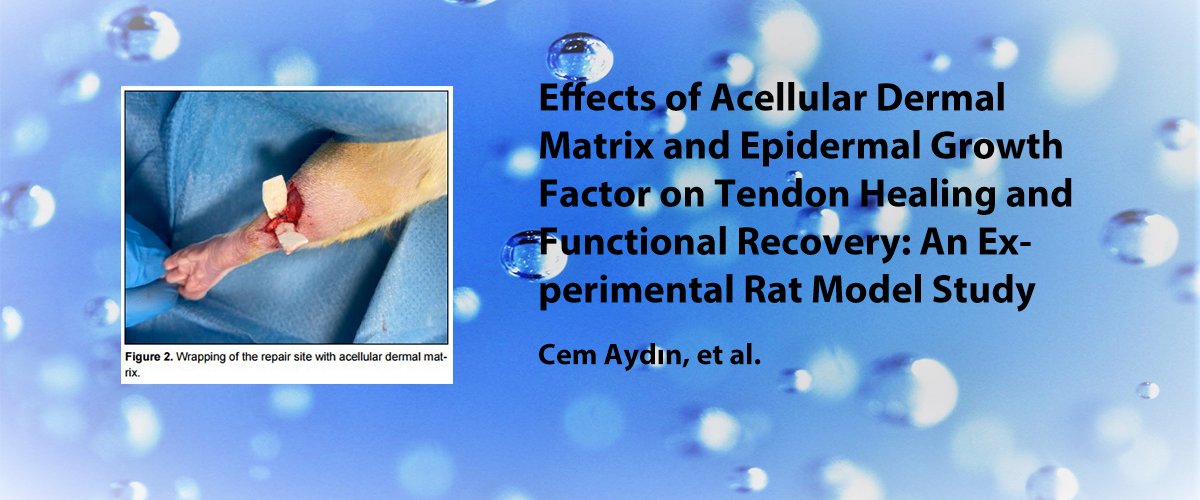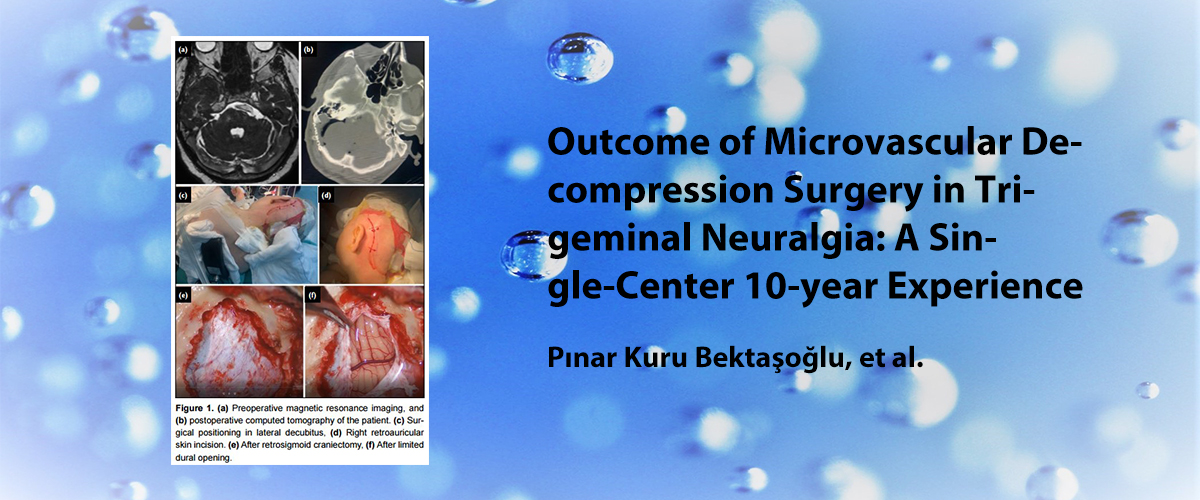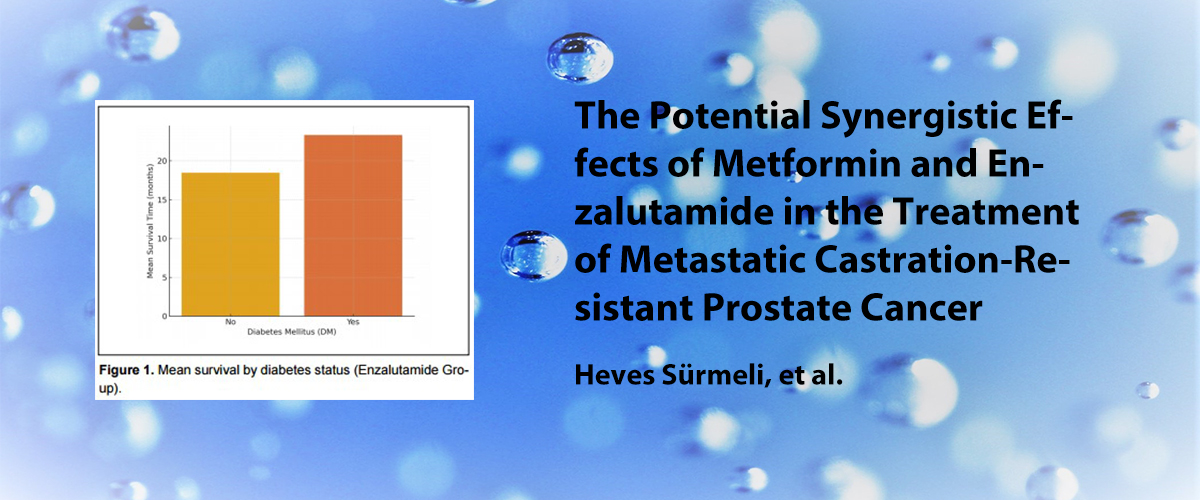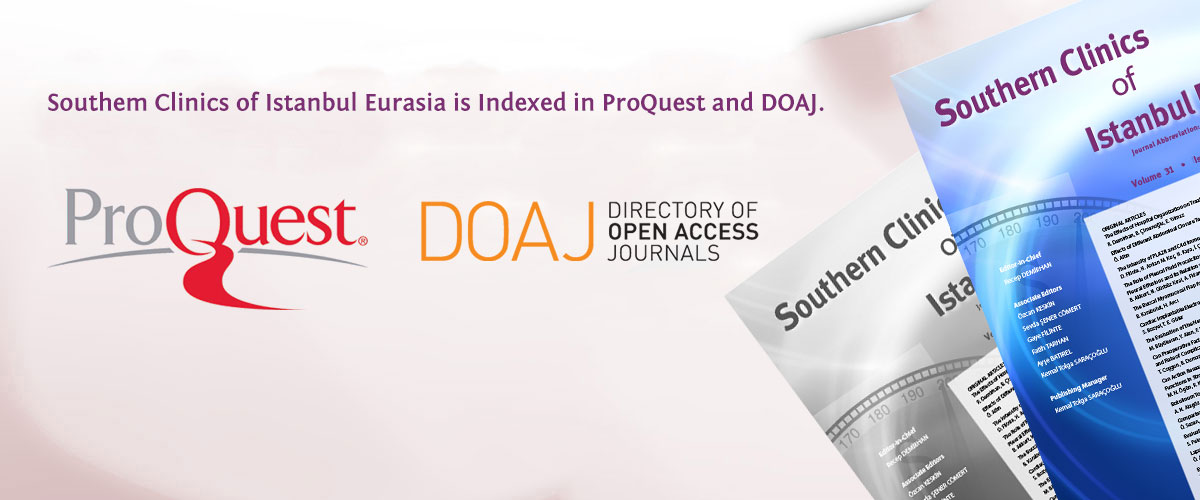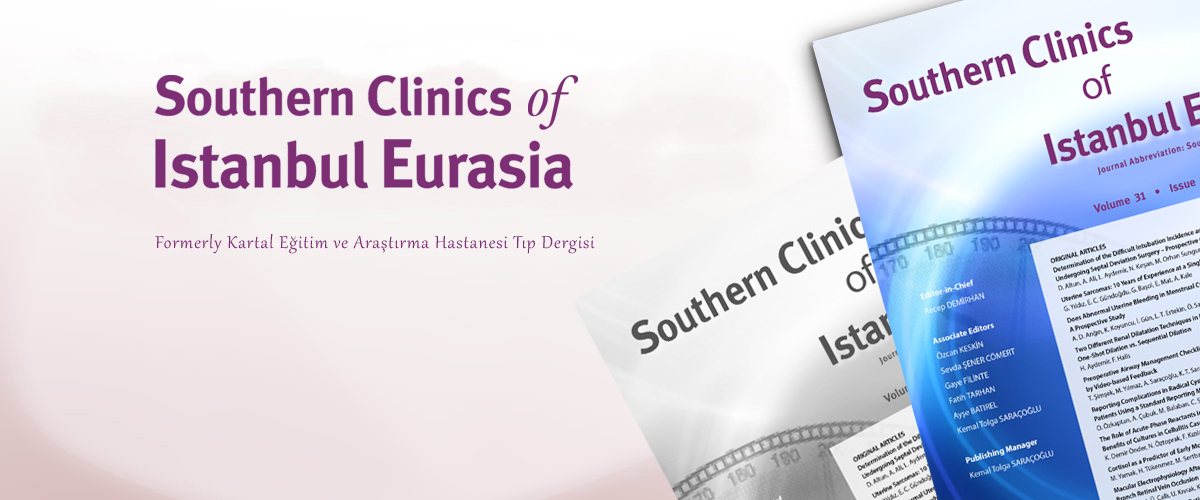ISSN : 2587-0998
NÖTROPENİK HASTALARDA BARSAKTA KOLONİZE OLAN BAKTERİLERİN ANTİBİYOTİK DUYARLILIK PROFİLLERİ
Demet Kaya1, Sena Kaptanoğlu1, Zeki Üstüner1, Yurdanur Akgün1Abant İzzet Baysal Üniversitesi Düzce Tıp Fakültesi, Mikrobiyoloji ADHematolojik malignensisi olan ve hastanede yatan, nötropenik süreçteki 52 hastaya ait 188 dışkı örneğinden üretilen bakterilerin duyarlılık profilleri incelendi. Hastanede yattığı sürece her hastadan haftada iki kez alınan dışkı örneklerinden izole edilen bakteriler tanımlanarak Kirby-Bauer disk diffüzyon yöntemiyle antibiyotik duyarlılık deneyleri yapıldı. 49 hastaya ait 168 dışkı örneğinden test edilen antibiyotiklere dirençli mikroorganizmalar izole edildi. 28 hastada persistan kolonizasyon saptandı. En sık izole edilen bakteriler enterokok (%44.2) ve E.coli (%43.6)'ler olup, E. coli'nin bazı suşları dışındaki tüm izolatlar çeşitli antibiyotiklere dirençli bulundu. Çalışmamızda ayrıca hastanede yatan ancak nötropenik olmayan 76 hasta ve ayaktan tedavi gören 52 hastaya ait dışkı örnekleri de izolatların antibiyotik duyarlılık profillerinin karşılaştırılması amacıyla incelendi. Sonuç olarak; nötropenik süreçte olan hastalardan üretilen bakterilerde direnç oranının diğer gruplara göre daha fazla olduğu saptandı. İmmündüşkün olan ve çeşitli antibiyotiklere dirençli mikroorganizmalar ile kolonize olan bu grupta rutin dışkı kültürü ve antibiyogramm yapılmasının önemli olduğu kanısına varıldı.
Anahtar Kelimeler: NÖTROPENİ, SARSAKTA KOLONİZE OLAN BAKTERİLERANTIBIOTIC SUSCEPTIBILITY PATTERNS OF BACTERIA COLONIZED IN THE INTESTINE OF NEUTROPENIC PATIENTS
Demet Kaya1, Sena Kaptanoğlu1, Zeki Üstüner1, Yurdanur Akgün1Abant İzzet Baysal Üniversitesi Düzce Tıp Fakültesi, Mikrobiyoloji ADAntibiotic susceptibility patterns of bacteria colonized in the intestine of neutropenic patients 188 fecal specimens of 52 neutropenic patients with haematological malignancies were microbiologically examined for the presence of antibiotic resistant bacteria. The microorganisms were isolated from the specimens that were taken twice a week and antibiotic susceptibility tests were performed by using Kirby-Bauer disk diffusion method.. Resistant microorganisms to various antibiotics, were isolated from 168 fecal specimens of 49 patients. Persistant colonization were found in 28 patients. The most frequent isolates were enterococci (44.2%) and E.coli (43.6%) and all isolates rather than some strains of E.coli were found to be resistant to various antibiotics. Besides the examination of fecal specimens taken from neutropenic and hospitalized patients; in our study 76 non-neutropenic hospitalized and 52 non-hospitalized patients were taken in study to compare the antibiotic susceptibility patterns. As a result, colonization with resistant microrganisms was higher in neutropenic patients than other groups. We conclude that; routine stool culturing and antibiotic susceptibility testing is important for this immuncompromised group; as they may be colonized with resistant microorganisms.
Keywords: NEUTROPENY, BACTERIA COLONIZED IN THE INTESTINEMakale Dili: Türkçe


